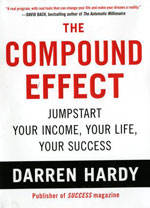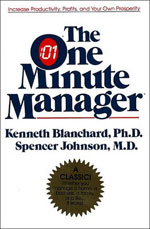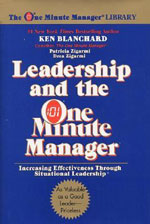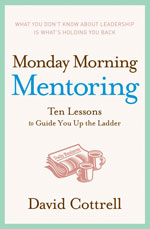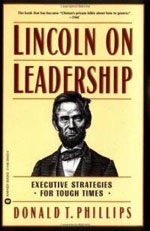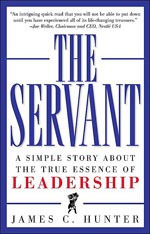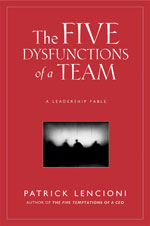 The good things in life will never just be handed to us on a platter. Watch this great commercial illustrating a child’s perspective of what a good life looks like:
The good things in life will never just be handed to us on a platter. Watch this great commercial illustrating a child’s perspective of what a good life looks like:
Good and bad things happen to people every day. Today I’d like to discuss how to give ourselves the best opportunity to make our lives good. Perhaps you are familiar with this saying: “Plan your work and work your plan.” Whether or not we effectively execute our plans can mean the difference between closing the big deal or losing out, landing that promotion you’ve always dreamed about or being passed over, getting to President’s Club or being stranded in mediocrity. Although seemingly simple, the strategy of working your plan is commonly overlooked. As one of my favorite authors Zig Ziglar said, “You were born to win, but to be a winner you must plan to win, prepare to win, and expect to win.”
I believe there are three decisions we can all make to ensure effective execution of our plans:
1. Know your end game and higher power goals.
Knowing your end game is a great strategy for directing your steps right now. What’s the goal or the desired outcome of your work? Sometimes we get so focused on day-to-day activities that we fail to ask, “What IS my goal?” Is it a specific financial target for the year? Is it a down payment for a new house? Is it to provide a steady income for your family? Is it to go to President’s Club? Is it to retire comfortably at a certain age? Is it a promotion? We can call these goals “higher power goals,” for they provide the impetus we need to keep striving.
What are your higher power goals?
Clarity of purpose often leads to precision in daily execution; clarity of purpose will also keep you motivated when you encounter setbacks.
2. Establish a clear timeline of important, actionable steps.
In the 1960s, Charles Hummel published a little booklet called Tyranny of the Urgent!, and it quickly became a business classic. Hummel argues that there is a regular tension between things that are urgent and things that are important, and, far too often, the urgent wins. In the business world, this means the demands of your customers, your manager, or meaningless relationships can often take priority over things like thoroughly completing a task before starting the next one or making decisions and executing actions that build your business. We all wholeheartedly believe that when we get to work tomorrow we will hit the ground running on those important steps necessary to build our business. However, tomorrow morning quickly becomes midmorning, and by the end of the afternoon, we’ll sigh with despair, realizing we’ve let the entire day pass without ever working on that one crucial action item. The urgent (though less important) things are prioritized; therefore, the important elements are put on the back burner. Nothing is more important than knowing what’s most important. Establishing a clear timeline of prioritized, actionable steps to execute can often mean the difference between success and failure.
What’s most important in your everyday schedule?
Breaking down your work into manageable, sustainable action steps will help you develop a road map for success and will keep you on track toward accomplishing your most important goals for each day.
3. Use motivation to help you stick to your plan and timeline.
What if your routine includes something you really don’t want to do, like cold calling. What’s the best way to motivate yourself? There are lots of different approaches to take, but one effective strategy is to reframe the unpleasant activity in terms of the bigger picture or end-game goal. If you are cold calling, you’re probably doing it to “fill the top of your pipeline.” Thinking in terms of your “why” reasons for cold calling (identifying your end game) can give you a real motivational boost.
What unpleasant activity have you been avoiding? How can you motivate yourself to stick with this activity on a regular basis?
What about using checklists—or your company’s daily road map (what ConMed refers to as a “Standard Model Day”)? Checklists are great. We are all busy managing lots of goals, so it’s easy to forget to do the things we set out to do, even with the best of intentions. Checklists make it much easier to remember our desired results.
In summary, if you want something better for yourself and your family—if you want to live the good life—you must take responsibility for your actions and results; otherwise, you end up in the trap of mediocrity. Jim Rohn wisely said, “If you don’t design your own life plan, chances are you’ll fall into someone else’s plan. And guess what they have planned for you? Not much.”










